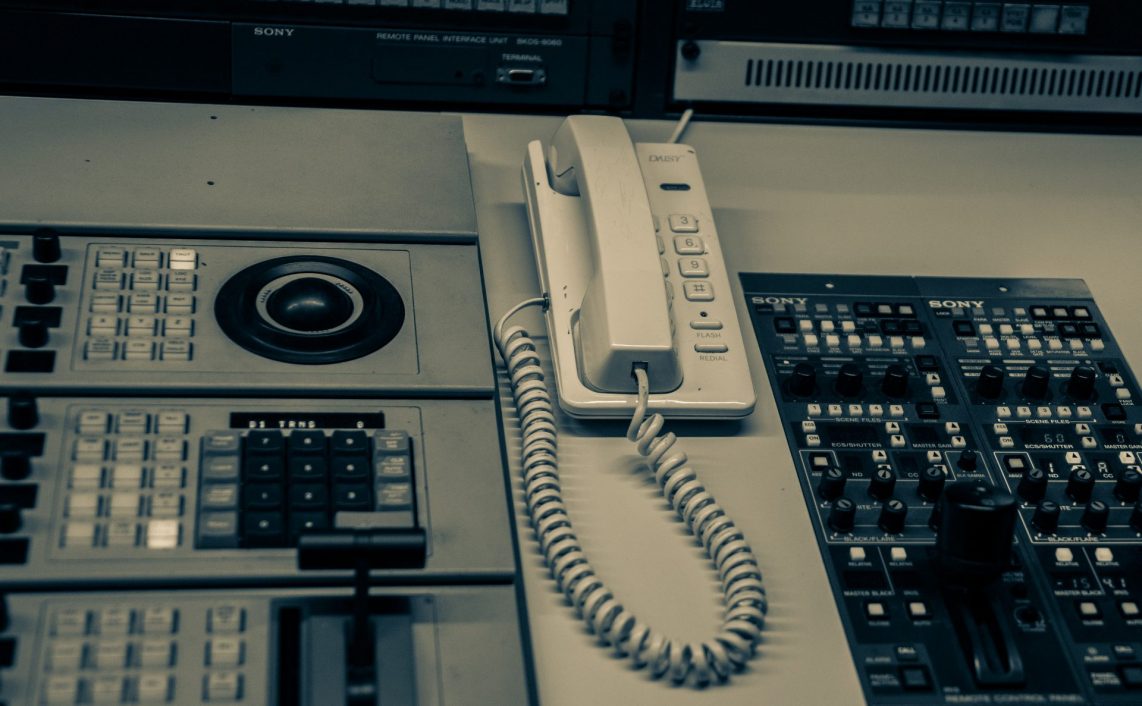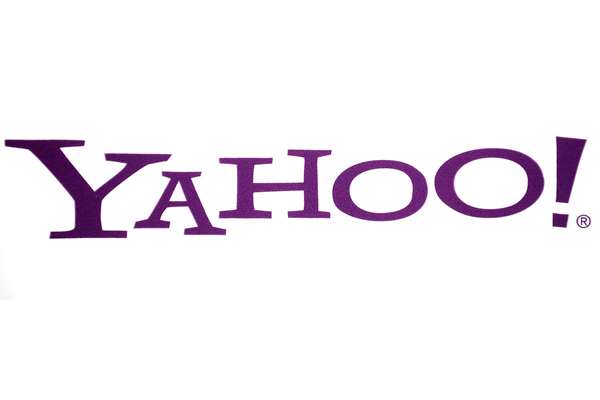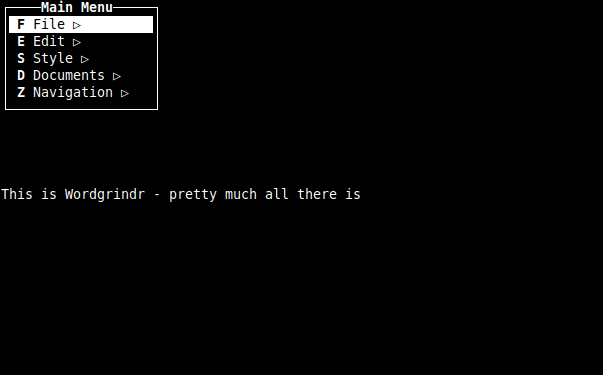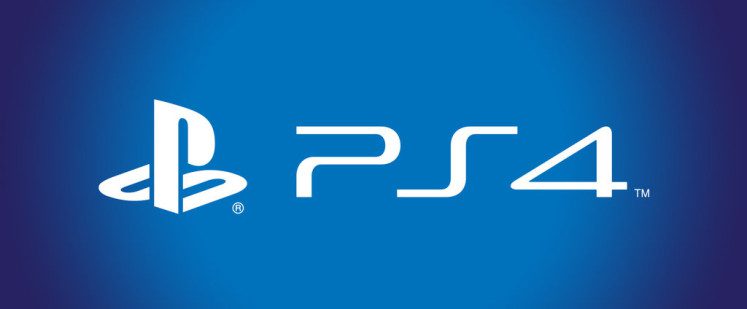
The Internet with its promise of a revolution has succeeded in its goal of changing the landscape of information and how it is disseminated to the public at large. We deal with issues that new media and remixing are causing in the areas of old copyright. I’m one of those that bemoan the constant increase of time before work enters the public domain. I would like to see more information enter into the public domain quicker and I think the creative commons idea is the future of copyright law, but this isn’t about that. It’s about the loss of public domain works.
It is true that efforts are underway to save and collect media that exists in the public domain. There are even people creating new work specifically for the public domain. We have libraries of public domain works and sites that collect information from past websites. Videos are being collected and maintained where the copyright slipped by and was not renewed in time. These things are great. However, there are too many people that could care less about the public domain or the ideas that spin out of it.
Most of the time public domain media is considered old and outdated. People want things that are new and exciting. They want constant progress with no respect for the ideas come from and don’t what forge from which the ideas have been tempered. This leads to a loss of ideas, stories, pictures, and music.
I once had an argument with someone in my support of the public domain. I pointed out all the music and stories that have been lost to the ravages of time and may never be recovered. Their response was if it was popular it never would have been lost. This statement is almost as asinine as stating that I have nothing to hide, so it’s a good idea to perform surveillance on everyone. While the latter statement points to no respect for your own privacy, let alone others. The former statement has no respect for what has been created.
While we can look at three hugely popular sites for public domain media, Project Gutenberg, Archive.org, and Wikipedia; these are all very niche sites that serve a particular purpose. They each have a primary focus on what they want to maintain. Since these are the big players in their directed niche they are considered one of the authoritative sources for the type of public domain media and information that is able to be retrieved from their site. What about some of the niches that aren’t covered?
Project Gutenberg has a long-standing history of salvaging books that have entered into the public domain. They do a great service that literally takes hundreds of volunteers to take books from a print medium and convert it to digital text available to all. They are known for their e-books, and while they do have some other things that they try to maintain, this is what they are known for. If you are looking for a book that is in the public domain chances are you will be directed to them first.
Archive.org on the other hand, while authoritative in some respects is the jack of all trades in the public domain sector. You would use them for website history research using their way-back machine site, or you may check with them for public domain video or audio. It is a haphazard gathering of people that seem to utilize the best-of-breed mentality, the problem with being the jack of all trades, is sometimes it’s a pain in the butt to use. Archive.org’s usability is one of the worst of the mainstream big sites that I’ve used. It’s hard to find exactly what you are looking for.
Then you have Wikipedia, which is essentially the public domain research encyclopedia. Yes, there are issues with it. Sometimes you can’t trust. Sometimes it can be edited. With all these problems, it’s authoritative. You can’t do a Google search on a subject most of the time without seeing a Wikipedia link on the front page. People link to Wikipedia since it’s trusted and becomes the cumulative knowledge of humanity over time or does it – the question will be discussed in an upcoming blog article.
However, there is plenty of other types of information and media that is not collected and adequately cataloged so it’s easy to use for a layman. There are for-profit companies cataloging and maintaining repositories of public domain information, but these companies charge a fee for information that truly and legally wants to be free. It’s just that no one cares enough to invest the time or money to create archives. I’m not saying companies can’t make money from these ventures, but I think our higher institutions and governments should take the first run at them until they are large enough to be spun out into their own non-profit organizations.
What type of information am I talking about?
Legal Transcripts
Architectural Plans
Sheet Music
Video
Audio
Photographs
General Art
Etc, etc, – if it has been created it should be saved.
I will state of the big three mentioned above, some of those dabble in all of these things, but not to any appreciable level that exists outside of their primary focus. Yes, there are niche sites, this whole thing started out of looking for public domain sheet music. No site is authoritative, they all have their own issues, and ironically enough they don’t normally have the same data the other site has. There is no reason for this, scans are not proprietary or unique, nor do they count as a derivative work.
The other issue with this is global acceptance and resources. Most of the collections of public domain works exist only within themselves. There is a lot of cross-work done by universities scanning the exact same item to be in their collection that another university has already scanned. This is wasted manpower since there is no authoritative repository to put this information into or cross-reference against. So this leads to the popular stuff normally being at the front of the list and most likely to be duplicated again and again and again, while the more obscure things are left unread and unfound.
Archive.org, Wikipedia, and Gutenberg are all of something else that these other niche sites do not have, global mirrors. Being an American I could easily say the library of congress will eventually have everything public domain online. The first part is if I actually made that statement it would be naive on my part. The second thing is that it means other countries are counting on the United States to save the public domain data. I’m sure we won’t put the same care into local translations and books, compared to American editions when it comes to the preservation or public dissemination of the work.
I’m angry and annoyed. I’ll be revisiting this topic, but hopefully, this primer on where I am coming from is something for you to think about and comment on.






